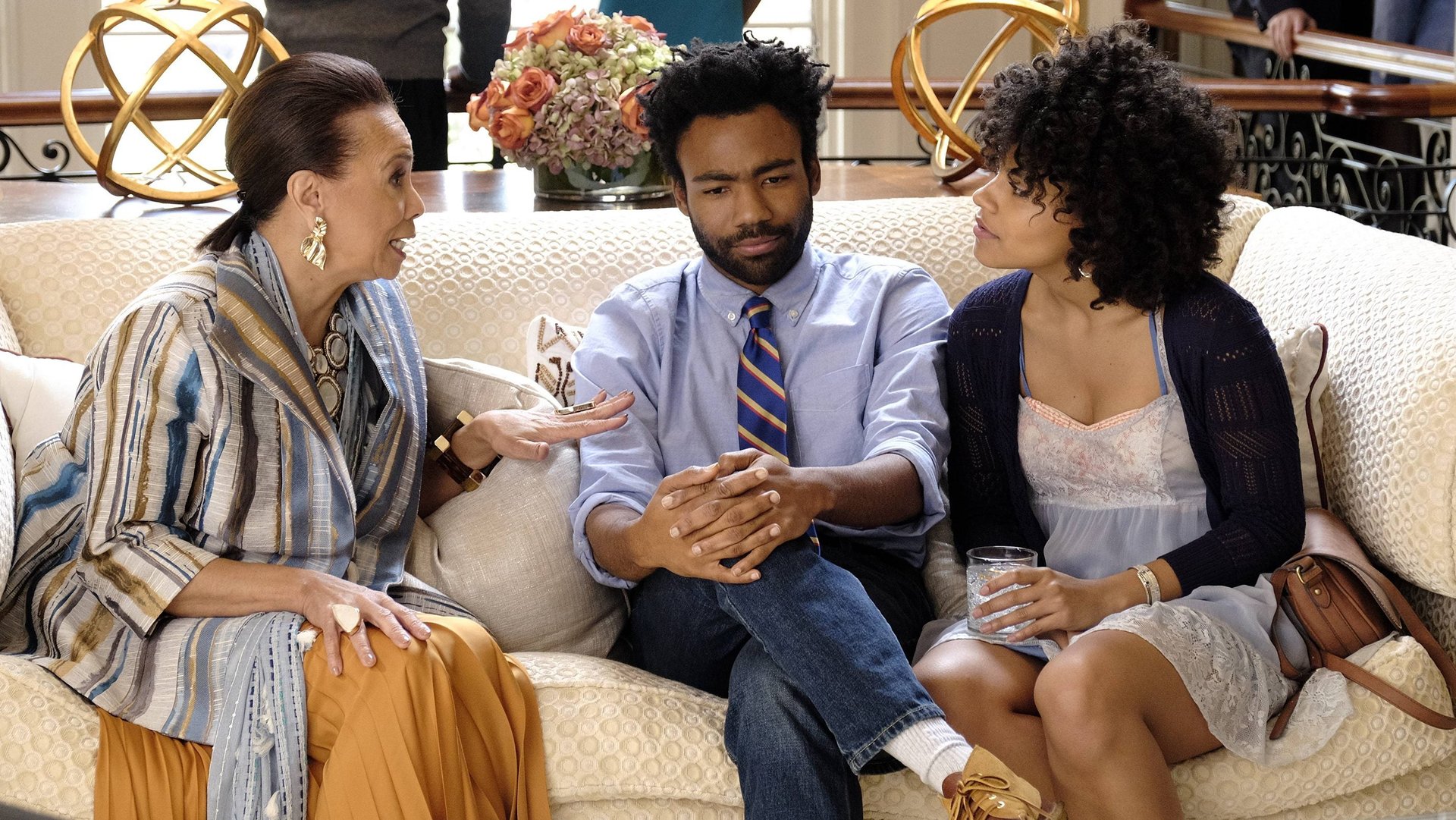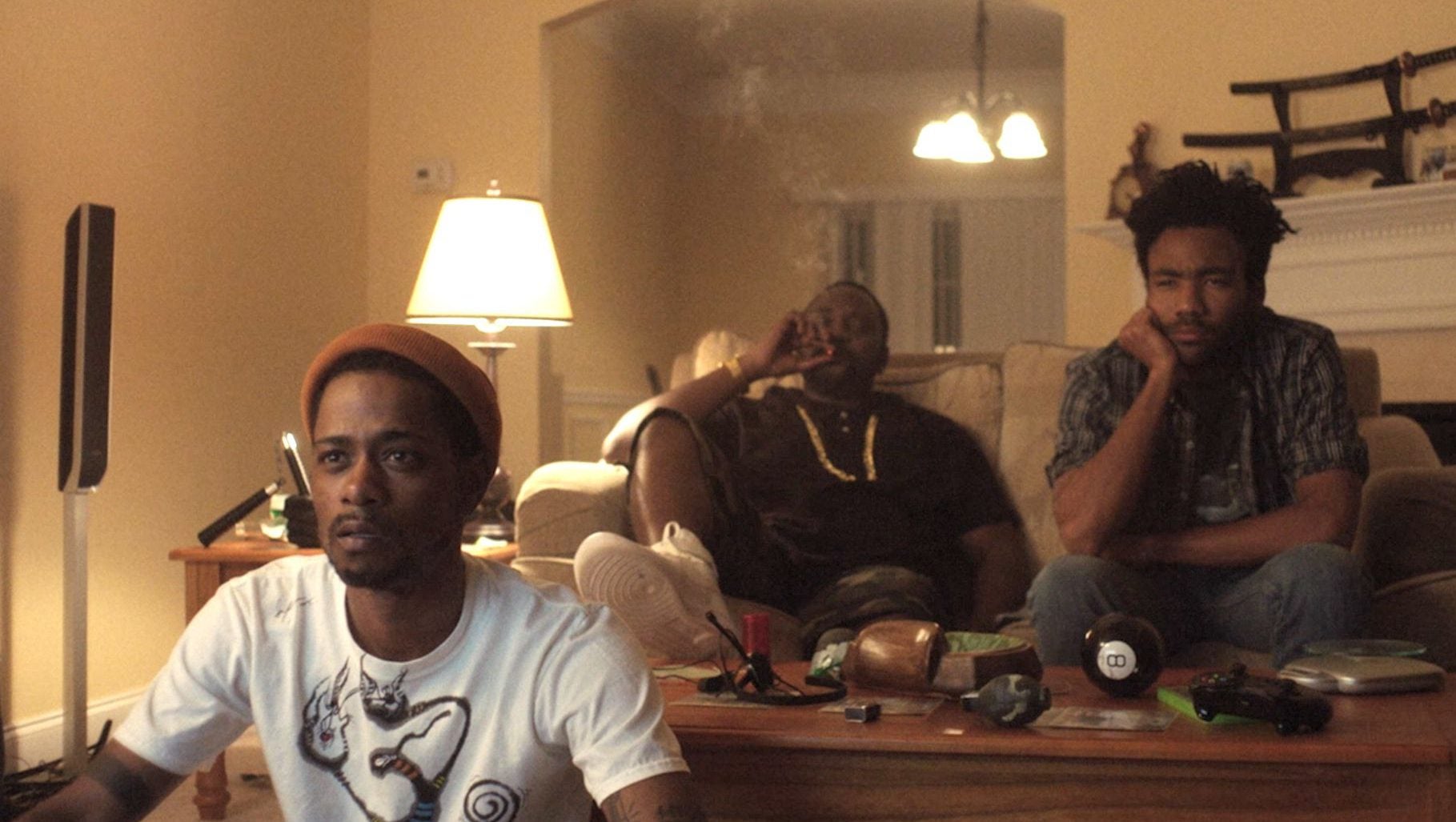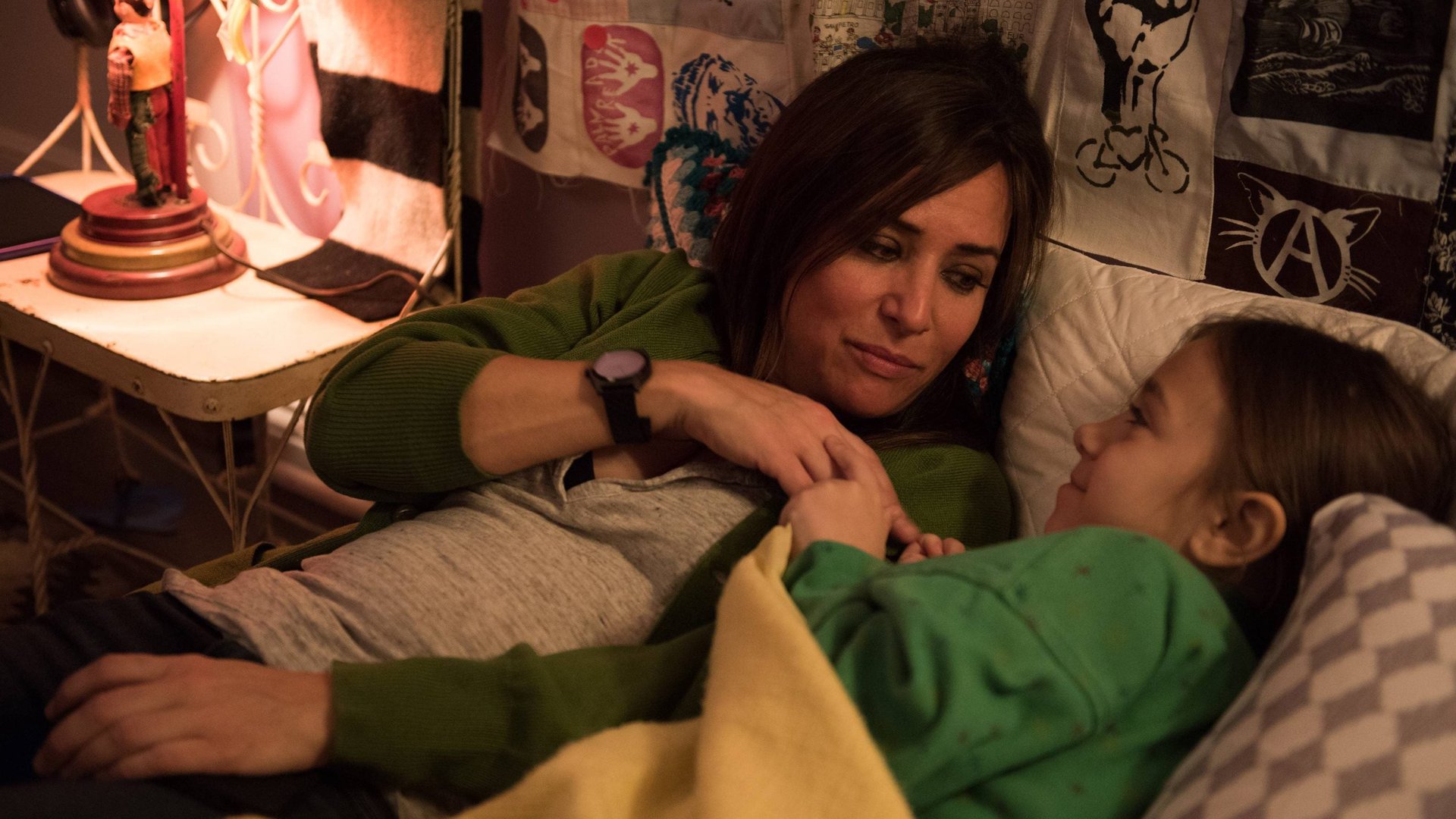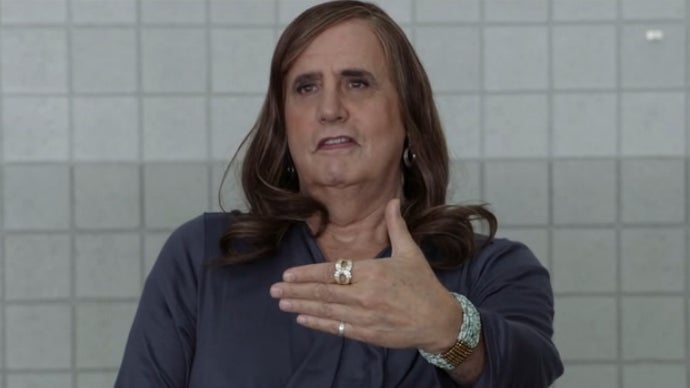2016 was the year of genreless TV
Part of my job is recommending television shows to friends and family. And recommending shows means having to describe them well enough that the person has a reasonable sense of whether or not they’re interesting in watching. Westworld, for instance, is easy: It’s a sci-fi thriller about a Western theme park populated by androids. Veep, a hilarious satire of American politics, is also an easy one to characterize.


Part of my job is recommending television shows to friends and family. And recommending shows means having to describe them well enough that the person has a reasonable sense of whether or not they’re interesting in watching. Westworld, for instance, is easy: It’s a sci-fi thriller about a Western theme park populated by androids. Veep, a hilarious satire of American politics, is also an easy one to characterize.
But TV shows with such obvious one-sentence labels are harder and harder to come by. This year revealed to us that the new normal in television is for shows to exist in places that defy easy classification, somewhere between “comedy” and “drama,” between funny and sad, ordinary and extraordinary.
The genre that defined television in 2016 was not having a genre.
There’s no better example than the show that topped countless best-of-the-year lists, including my own: FX’s Atlanta. In my list, I described it as “a magical voyage through the titular city’s rap scene,” which was the most accurate tag I could come up with at the time, but still feels insufficient. That’s because Atlanta can’t be whittled down to a sentence.
It’s often hilarious, but I wouldn’t feel comfortable calling it a comedy, as it’s wholly unlike anything else you’d think of when you see or hear that word. It’s dramatic, at times, but it’s not a drama, either, at least not in the way that term has historically been used. Even calling it an amalgamation of the two, a “dramedy,” doesn’t seem right, though I guess it gets closer at the truth than picking one or the other.

Atlanta may best represent this phenomenon, but it wasn’t the show that started it. The groundwork for “genreless” TV was laid as far back as the 1970s, when sitcoms like All in the Family tackled serious issues with sensitivity. These shows were still heavily geared toward the comedic, sure, but they were interspersed with moments of seriousness. In the 1990s, sitcoms continued to blur genre lines: The most-watched scene on YouTube from The Fresh Prince of Bel-Air is of Will Smith crying into Uncle Phil’s arms, damning his deadbeat father who was never there for him. (“How come he don’t want me, man?”)
In the 2000s, television changed. The growth of cable and premium TV channels allowed for more risk-taking—which often meant more violence, sex, and darkness (not to mention an American audience that grew a bigger appetite for those kinds of stories). The classic Hollywood leading man morphed into the “Difficult Man,” the brooding antiheroes that populated prestigious shows like The Sopranos (Tony Soprano), Mad Men (Don Draper), and Breaking Bad (Walter White), among several others.
This came in stark contrast to the many great comedies of the era, including Arrested Development, The Office, and 30 Rock. Still, there were half-hour “comedies” that incorporated elements of prestige drama, and were more creatively ambitious than the average comedy of years past: Sex and the City, Weeds, even Entourage.
The antihero trope, with a few notable exceptions, has faded. But left over from its era is a knack for creative, auteur-driven, daring television—only now much of those juices are flowing away from heavy dramas and toward the lighter end of the TV spectrum. That’s how we got Atlanta.

Comedian Louie C.K. has been at the forefront of the trend of genreless TV. Through its strange vignettes, his show Louie helped to reshape the very definition of “comedy” on television. FX’s Better Things, co-created by C.K. and Pamela Adlon (who also stars in the show as a single mother with three daughters), is technically a comedy, but it too is more weighty and challenging than most other shows in its category. And then there’s C.K.’s web series Horace and Pete, a show equal parts amusing and melancholy, filmed like a stage play.
A show like Horace and Pete isn’t all that different thematically from, say, Cheers, but it certainly feels very different tonally. While Cheers, which began in 1982, can easily be called a sitcom, C.K. himself calls Horace and Pete a tragedy. There’s no audience or laugh track. It’s funny in parts, but it’s not a comedy. It’s not anything, really. It’s just Horace and Pete.
Amazon is carving out a niche in this space with both its originals (Transparent, Mozart in the Jungle) and acquisitions (Catastrophe, Fleabag). Transparent, in particular, is as dramatic as most dramas, though you’d never see it classified as such at award shows because its episodes are 30 minutes long (as opposed to hour-long). It’s well past time these shows are either reclassified or get their own category.
“Peak TV”—that is, the current era in which it is impossible (even for critics) to keep up with every show—has led to more of every kind of show, not just the weird, gray-area ones I’ve discussed already. A rising tide, as they say, lifts all boats. But it’s not hard to argue that the “dramedy,” as an easy way of describing shows that can’t easily be described, has been raised the highest. Meanwhile, conventional notions of what a comedy should be have sunk to the sea floor.

Genre, as a television concept, is dying. In politics, a world of “no labels” might be merely a centrist pipe dream, but in television it’s the real thing, and it’s happening right now. Perhaps it’s a long time coming—overdue backlash to the campy, safe sitcoms and tired melodrama that defined television for decades. Perhaps, even, it’s a response to the finely defined genres of the early-to-mid 2000s. Perhaps it’s the natural side effect of a very, very bad year in history that our comedies get a little darker, a lot more nebulous.
TV critic Todd VanDerWerff has a compelling hypothesis: The global TV-watching culture, and specifically American culture, is becoming increasingly disparate, diverse, and fractured. We don’t all agree on what’s funny, so why try to make TV shows that please everyone’s comedic sensibilities? Why not tell ambitious stories through humor? Why not change what “comedy” means?
Shows that blur genre lines, like Atlanta and Horace and Pete and Transparent, would have been complete outliers in the television landscape a decade ago, but in 2016, they were the mainstream. Ultimately, these shows are hard to describe because they’re about everything. They’re about what it’s like to be a certain type of person in the world, which is an experience that can’t be pigeonholed or neatly packed into some all-encompassing word or phrase.
Like life, these shows are funny, sad, weird, frustrating, enlightening, and, most of all, they’re true. As long as that continues, it doesn’t matter what we call them.